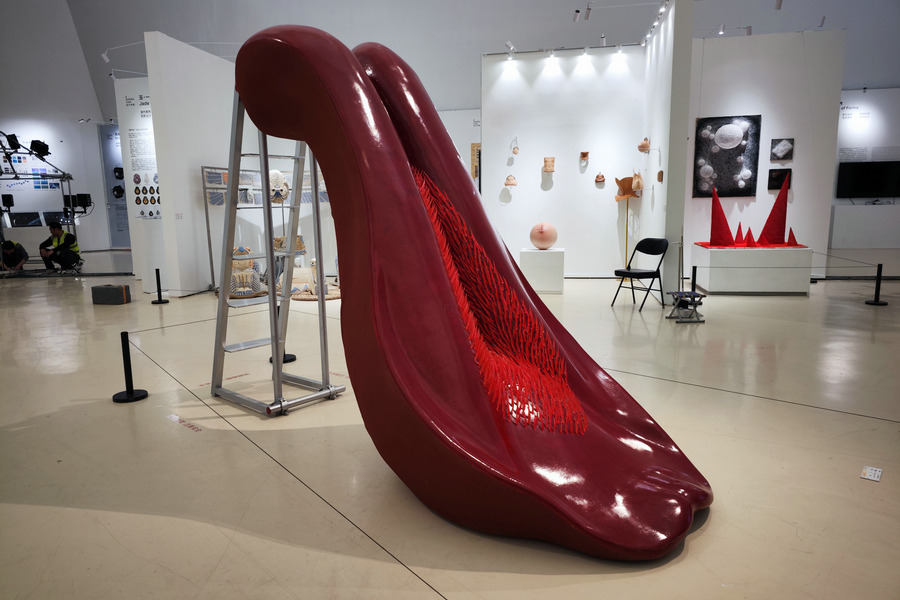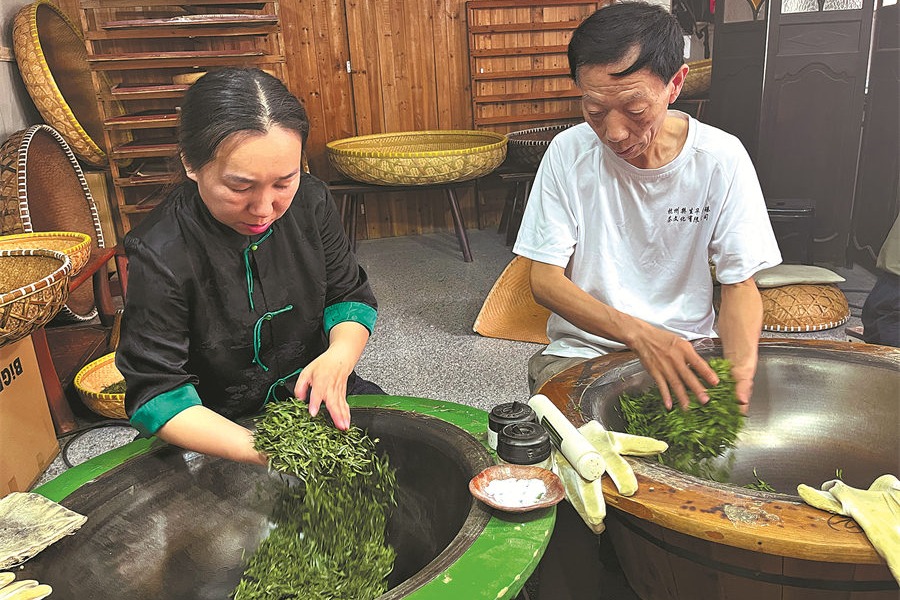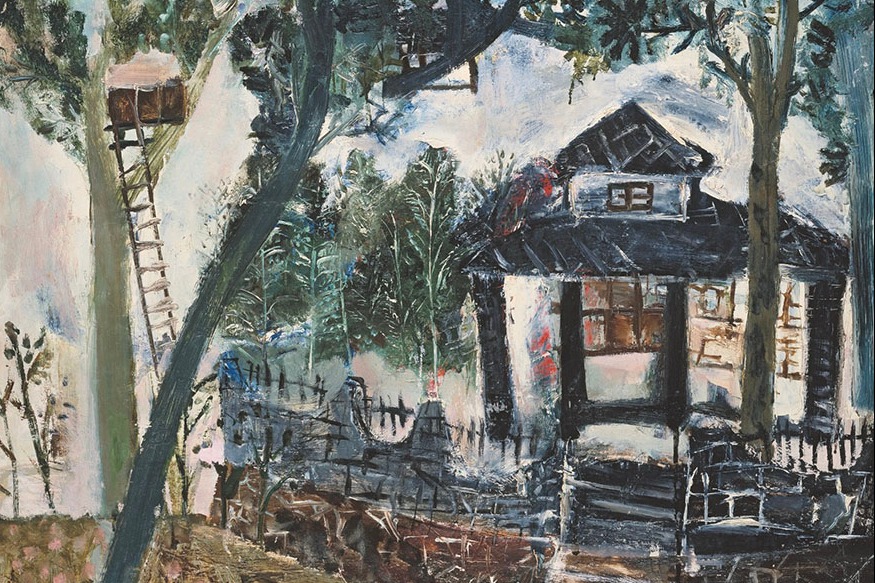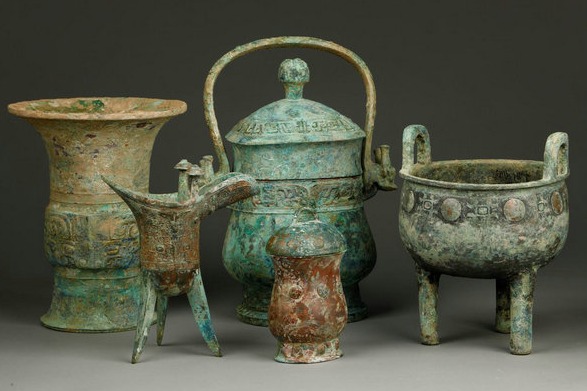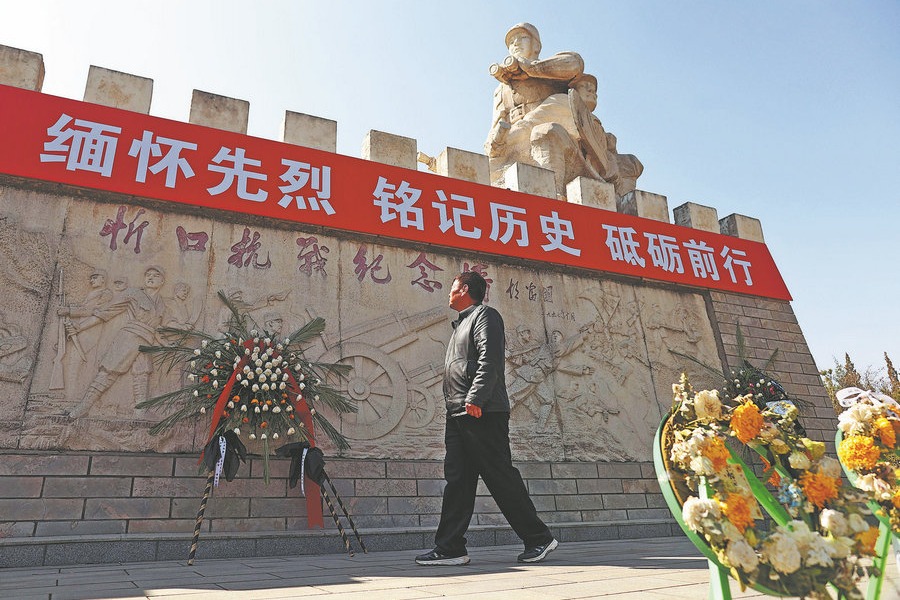Horse racing vitalizes ancient village in North China


One day after the Lantern Festival, residents in Xiadongzhai village, North China's Shanxi province, had quick breakfasts before assembling for a long-anticipated occasion.
The horse racing festival, held on the 16th day of the first month of the Chinese lunar calendar in the village, is a Spring Festival custom with a history of over 1,800 years. It has also been listed as a national intangible cultural heritage.
At about 9 am, the festival got underway. The crowd burst into loud cheers, watching horses carrying riders dressed in ancient costumes, as they sprinted to the finish line.
According to Dong Huping, a horse racing inheritor, the tradition was said to have been established during the Eastern Han Dynasty (25-220) to commemorate messengers, who served as a valuable means of communication in ancient times, especially in times of war.
The event has taken root in Xiadongzhai, as the village has since ancient times been acting as an important commercial hub, while its location was also considered important in terms of military strategy.
"The nature of the horse racing competition today remains almost the same as what happened in the old days," Dong said. "For example, we can see the riders carrying flags on their backs, while the horses are without saddles. This is because messengers often had to hit the road hastily, which meant that they had no time to saddle the horse and could only rely on their brilliant riding skills to maintain balance."


















